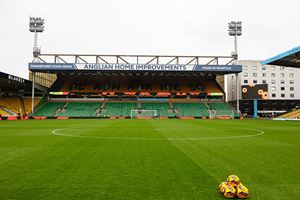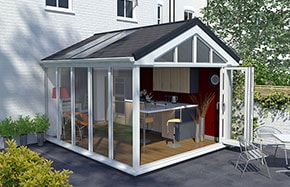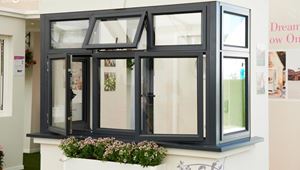NCFC Partnership Renewal
Anglian Home Improvements are delighted to renew their primary partnership with Norwich City Football Club.

Anglian Home Improvements are delighted to renew their primary partnership with Norwich City Football Club.

Anglian Home Improvements is thrilled to announce the winner of our 2024 Black Friday Prize Draw.

Anglian Home Improvements and Delia Smith Urge Support for Christmas Charity Food Drive

Anglian Home Improvements has completed a transaction which sees it acquire assets from Everest 2020.

The joint administrators have now reached an agreement to sell certain assets to Anglian Home Improvements

Anglian Home Improvements return to co-headline Run Norwich 2024.

The joint administrators of H.P.A.S Limited, previously trading as Safestyle UK, have reached an agreement to sell the Company’s order book, as well as certain other assets, to Anglian Home Improvements

Anglian Home Improvements are proud to sponsor one of the 55 T-Rex Dinosaurs on display around Norwich as part of Break’s GoGoDiscover 2022 trail.

Norwich City Football Club are delighted to name Anglian Home Improvements as the main sponsor for The Barclay stand from the beginning of the 2022/23 season.

To celebrate The Queens’ jubilee, Anglian Home Improvements are proud partners of The Official Platinum Jubilee Pageant Commemorative Album.

Anglian Home Improvements has been awarded Secured by Design status for its double and triple glazing PVCU casement and ‘tilt & turn’ windows due to their high quality, security-focused design.

As we move into our 50th year in business, we've dug-out some facts about Anglian that you may not have known.

Anglian Home Improvements have added Solid Roof Conservatories and Replacement Conservatory Roofs to their portfolio of products.

Each year we celebrate the milestones that many of our employees reach in their service to Anglian.

A new range of aluminium windows and doors has been launched by Anglian Home Improvements, offering a sleek, modern and long-lasting finish.